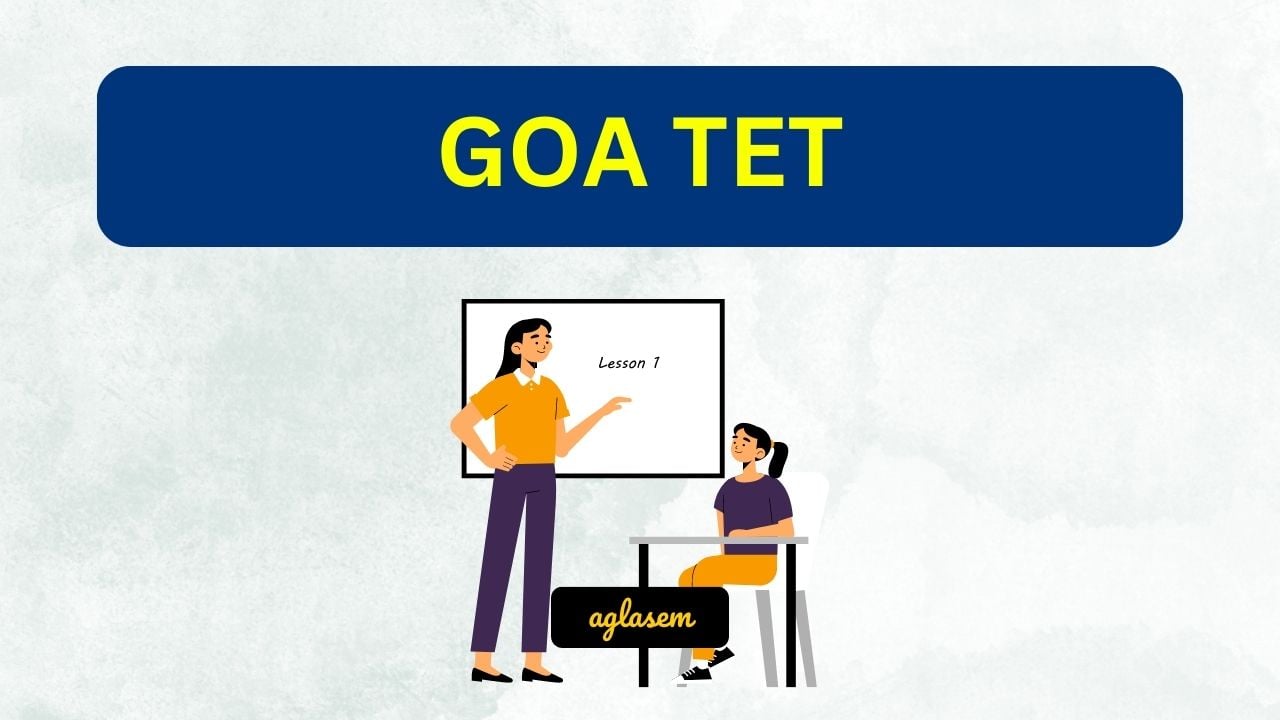Dr. L.B. Singal, a seasoned civil servant with over three decades of experience, offers valuable insights into the intricacies and opportunities of a career in the Civil Services.
Civil Services Overview
The Civil Services examination, conducted by the Union Public Service Commission (UPSC), is highly competitive, with approximately five lakh candidates vying for around 1,000 coveted positions annually. The examination comprises three stages: preliminary, main, and interview.
Types of Services
Within the Civil Services, there are three primary categories:
- All India Services: Indian Administrative Service (IAS), Indian Police Service (IPS), and Indian Foreign Service (IFS)
- Group A Services: Indian Customs Services, Indian Revenue Services, Indian Audit and Account Services, Indian Railway Services, Indian Postal Services, and others
- Group B Services: Danix Delhi Andaman Nicobar Civil Services, Dpix Delhi and Andaman Police Services, and others
Career Opportunities and Impact
Civil servants have the unique opportunity to shape policies and make a tangible impact on society. From policy-making in the Indian Administrative Services to international trade negotiations in the Indian Trade Services, the Civil Services offer a diverse range of career opportunities.
Dr. Singal’s experience exemplifies the transformative power of the Indian Trade Services. He played a pivotal role in the formulation of the Special Economic Zone (SEZ) Act and Rules, which have significantly boosted India’s economic development. For all the information related to UPSC, you must read the UPSC full form article.
The Journey to Civil Services
Stage 1: Preliminary Examination
The preliminary examination consists of two papers: General Studies and Aptitude and Reasoning (CSAT). A limited number of candidates qualify for the main examination.
Stage 2: Main Examination
The main examination includes seven papers, with four on General Studies, two on optional subjects, and a qualifying paper on language. Only a fraction of candidates proceed to the interview stage.
Stage 3: Interview
The UPSC conducts structured interviews to assess candidates’ personalities, communication skills, and overall aptitude. The final list of successful candidates is then compiled.
Role of Indian Trade Services
Dr. Singal highlights the significant contribution of the Indian Trade Services to India’s economic growth. The formulation of trade policies and representation in international negotiations have facilitated increased exports and foreign investments. SEZs, established under the SEZ Act and Rules, have generated millions of jobs and investments.
Opportunities for Aspirants from Diverse Backgrounds
The Civil Services examination is designed to provide equal opportunities to all candidates, regardless of their background. The UPSC has implemented measures to ensure a level playing field for all aspirants.
Interview Process
The interview panel aims to evaluate candidates’ suitability for the Civil Services. Candidates are encouraged to articulate their views, motivations, and aspirations clearly.
Improving Your Chances of Success
Aspirants can enhance their chances of success by:
- Starting early and pursuing a degree in their chosen subject of specialization.
- Regularly following current events and national and international affairs.
- Considering coaching to provide structured guidance and refine their preparation.
- Preparing diligently for the CSAT paper, especially for candidates from humanities or rural backgrounds.
Interaction with Politicians and Ministers
Contrary to popular perceptions, civil servants have opportunities to express their views before ministers. They are consulted in the decision-making process and contribute to shaping policies.
Changing Public Perception
In recent years, the public perception of civil servants has evolved. Online mechanisms and stakeholder consultations have enhanced transparency and accountability. Officers are encouraged to engage with the public and address concerns.
Challenges in Qualifying the Preliminary Examination
Some candidates may face difficulties in clearing the preliminary examination, particularly in the CSAT paper. Candidates from humanities and rural backgrounds may encounter challenges in logical reasoning and quantitative aptitude.
Conclusion
A career in the Civil Services provides a unique opportunity for individuals to contribute meaningfully to society. By navigating the challenges and following a strategic approach, aspiring individuals can embark on a fulfilling and impactful journey in the Indian Civil Services.
Throughout his distinguished career, Dr. Singal has witnessed the transformative power of the Civil Services. He encourages those passionate about serving their country to explore this esteemed career path and create a lasting legacy.
